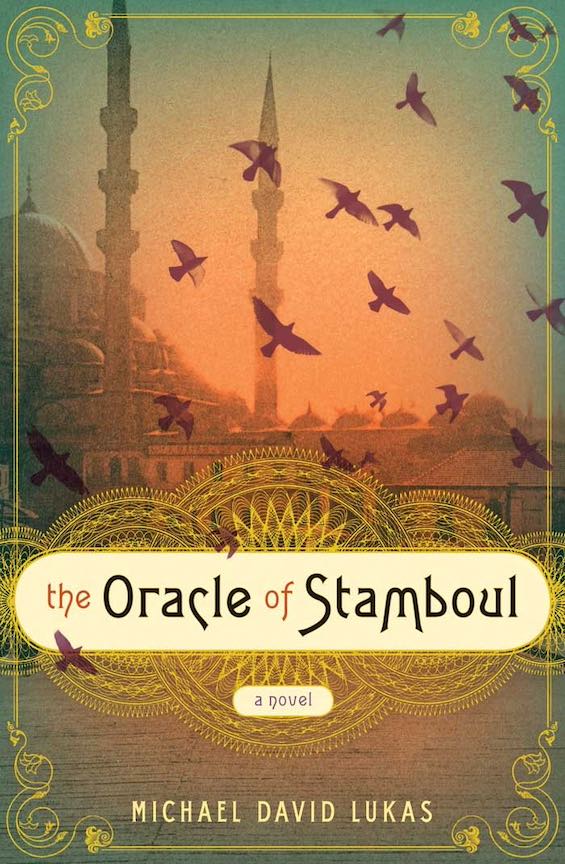
Estimated reading time: 5 minutes
If you enjoy reading for its unique possibilities—mellifluous language, vivid imagery, compelling characters, immersion in places and circumstances you might never experience—then you’ll love this book. It’s sheer reading pleasure. From the very first page, Michael David Lukas’s debut novel, The Oracle of Stamboul, will draw you relentlessly into the world of the Ottoman Empire in its twilight years of the 1880s. But amidst all the bright colors and the magic, this novel illuminates a time and place when the modern world began coming into focus.
A marvel of the writer’s craft
In this magical novel, you’ll meet an extraordinary child, Eleanora Cohen. You’ll be present with her from the violence of her birth in Rumania through her ninth year in Istanbul (then Stamboul) as the unlikeliest of advisers to the Sultan. You’ll revel in the sights and sounds and smells of this fabled imperial capital of two million souls. And you’ll gain a front-row seat on the plotting and scheming in the palace and among the timid revolutionaries who only wish that something, perhaps anything, might change. This book is a marvel of the writer’s craft.
For example, consider this scene-setting passage:
“Summer slipped into Stamboul under the cover of a midday shower. It took up residence near the foundations of the Galata Bridge and drifted through the city like a stray dog. Ducking in and out of alleyways, the new season made itself felt in the tenacity of fruit flies buzzing about a pyramid of figs, in the increasingly confident tone of the muezzin, and the growing petulance of the shopkeepers in the produce market.”
And that’s just the beginning of the paragraph.
The Oracle of Stamboul by Michael David Lukas (2011) 304 pages ★★★★☆
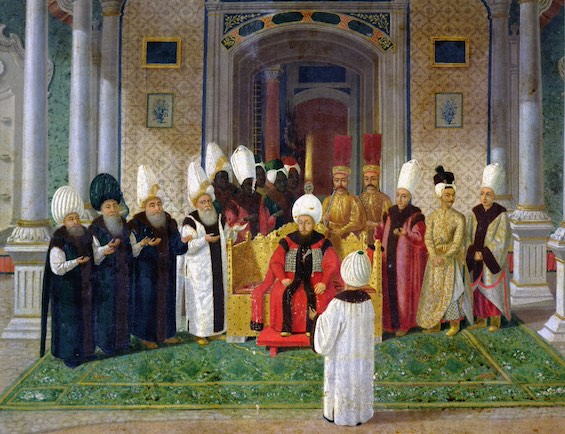
A richly detailed story
The nine-year arc of this richly detailed story begins in the Rumanian town of Constanta, with the death of Eleanora’s mother just minutes after her own birth. You’ll follow Eleanora and her father through through her early years as she demonstrates the extraordinary powers of her young mind, learning new languages in hours as though by magic and devouring the Greek and Roman classics in the original. You’ll follow her father, Yakov, on his journey to Stamboul to sell the most valuable of his stock of carpets, with Eleanora stowed away on the ship that carries him to the imperial capital.
I have little but good things to say about this outstanding first novel—it’s all uninterrupted reading pleasure except for the ending, which I found abrupt and disappointing. It struck me almost as though the book’s young author couldn’t figure out how to resolve his tale and simply dropped it in the middle. But maybe that’s not too much to expect from magical realism. After all, there’s never any explanation for what comes out of the magician’s hat, is there?
About the author
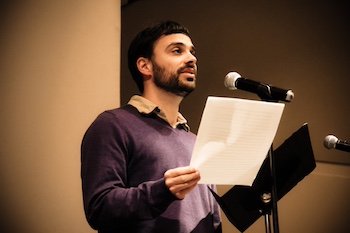
Michael David Lukas is the author of two bestselling novels that illuminate Jewish history. He was born in Berkeley, California, in 1979 and attended Brown University. He later earned an MFA degree in creative writing from the University of Maryland. Lukas notes on his author website that he “has been a Fulbright Scholar in Turkey, a night-shift proofreader in Tel Aviv, a student at the American University of Cairo, and a waiter at the Bread Loaf Writers’ Conference in Vermont.”
Lukas now lives in Oakland, California, with his wife and two daughters. He teaches at San Francisco State University.
For related reading
I’ve also reviewed the author’s second novel, The Last Watchman of Old Cairo (In Cairo, a perfect Torah scroll, without flaw or innovation). It won the National Jewish Book Award.
For a detailed, and critical, review of this book, see “Becoming Ottoman” by James Hynes (New York Times, February 25, 2011).
You might find other books of interest to you at Worthy books about Jewish topics.
If you enjoy reading history in fictional form, check out 20 most enlightening historical novels. And if you’re looking for suspenseful historical novels, check out Top 10 historical mysteries and thrillers. You might also be interested in Top 10 great popular novels.
Because there’s a connection to my home town, Berkeley, California, you’ll also find this book at Good books by Berkeley writers.
And you can always find my most popular reviews, and the most recent ones, on the Home Page.

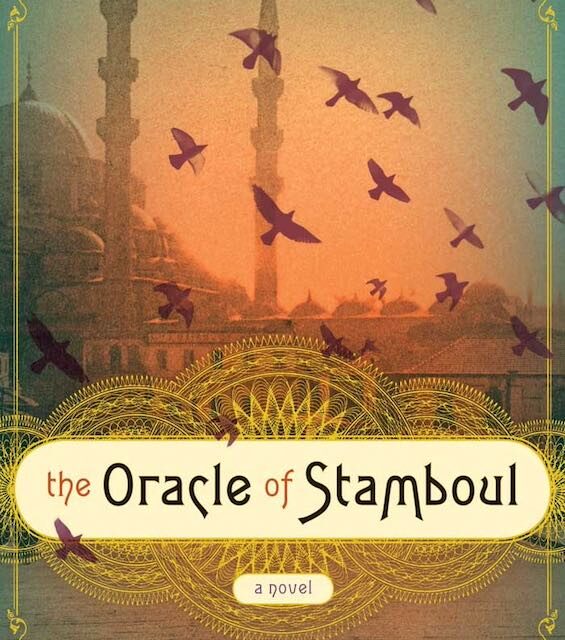
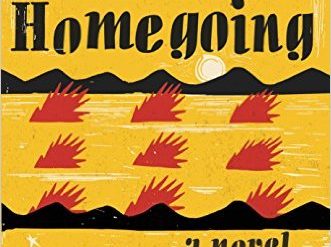
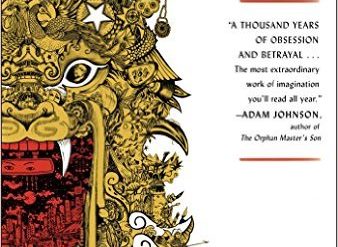


















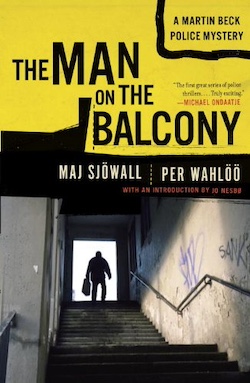
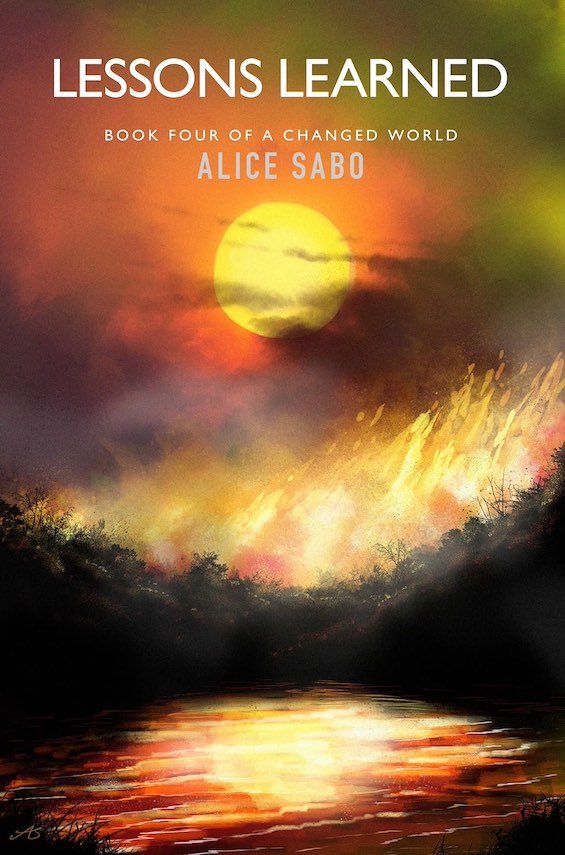




Hi Mal, I so enjoy your posts. It’s like you’re a lookout for good stuff to provoke thought and enrich life. Speaking of provoking and enriching, William Zinsser kindly gave me permission to share a piece I’ve attached here. I use this in my writing seminars. I know you probably already know of Zinsser’s work and reputation. The attached piece is good for anyone who yields words to create any kind of effect. Pass it on.
Sincerely, Frank C. Dickerson, Ph.D. President: The Written Voice | Narrative Fundraising | High Touch Communication Sr. Counsel: Levasis Not-for-profit Consulting
How to Contact Me . . . 7412 Club View Drive, Suite 200 Highland, CA 92346-3993 888-HIGHTOUCH (888-444-4868) | Direct: 909-864-2798 | E-fax: 509-479-2690
Where to Get More Information . . . Free or Low-cost Counsel for Not-for-profit Organizations: http://www.Levasis.org Academic Research: http://www.TheWrittenVoice.org Educational Outreach: http://www.NarrativeFundraising.org Marketing & Fund-raising Service: http://www.HighTouchCommunication.com
Date: Thu, 14 Mar 2013 17:13:36 +0000 To: hightouchdirect@msn.com
Thank you, Frank!
A fine story, but if you know any Turkish, it’s hard not to stumble over the incredibly sloppy rendering of Turkish words, the mis- or non- or inconsistent use of accent marks. It get’s a D- on that score, and utterly unnecessary.
Well, I guess you can’t have everything.
Forgive the errant apostrophe.
Reblogged this on TURKISCH-LITERATURE-ART-CULTURE AND MUSIC.